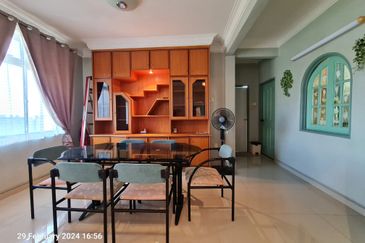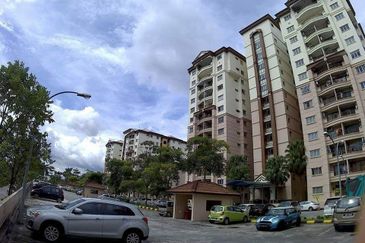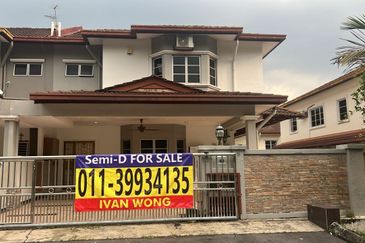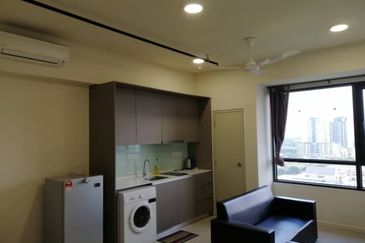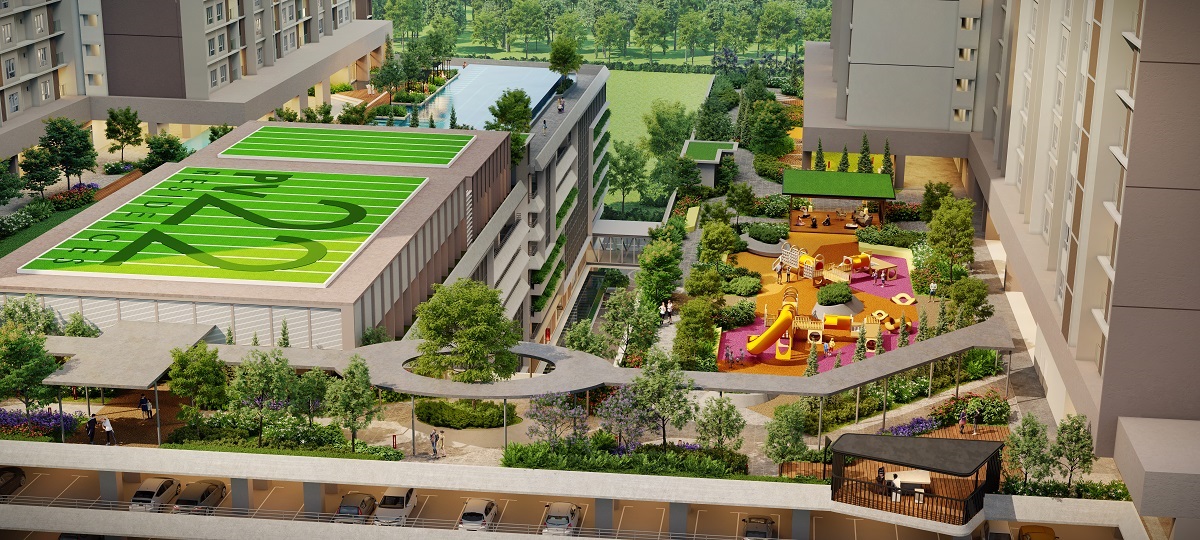
MALAYSIA is a land of contradictions. This is proved by the fact that, as of right, you can build a housing estate on any suitably zoned piece of land, but then getting your garbage removed from the completed buildings on a regular basis remains something of a privilege.
I was puzzling over this at a recent panel session on “smart cities”.
A smart city is one where residents are wired up to the City Fathers so that you can tell them immediately when you step into doggy poo.
I am still struggling to emerge mentally intact from a couple of decades of this kind of cutting-edge technology. This is the technology that sets off burglar alarms at the first stroke of lightning. It comes from the same nerds who have provided 1 800 numbers on the back of commercial vehicles so you can SMS someone-or-other when they hog two lanes. Presumably, officialdom will then nab you for using your phone while driving.
And I am having difficulty trying to remember what is so smart about the SMART tunnel.
Anyway, all this technology is intended to enhance our lifestyle and results in the same response — nothing.
There are, of course, very good reasons for this nothingness. The first is a tendency to launch technological advances that lack cultural reality. Do not tell me about synchronised traffic lights when there is still a distinct lack of synchronised driving skills out there. These traffic lights remain a dream when synchronised driving consists of eating, talking, phoning and steering all at the same time.
Secondly and more importantly, much of this technology appears to embrace the belief that there is a benevolent body of senior officials on standby, just waiting for your SMS tweet or twitter before they zero in on the errant driver, dog or burglar with their CCTVs and pluck it off the ground using industrial-sized drones.
This is a misplaced faith in officialdom that can only come from nerds and gamers who have so little social contact that their knowledge of the human reproductive cycle comes from Google.
In reality, the tendency of most bureaucracies worldwide is to not do very much if they can help it.
Many years ago, my East German friend described communism to me as “a good idea but it is not really working”. It too was founded on the belief that the state was the best planner and provider. And look where that got them.
Another massive advantage of the smart city is that all our data, that is, our lifetime accumulation of books, photos, letters and doodles, can be stored digitally without taking up valuable living space.
As someone who has grown up surrounded by these treasures, scanning them and then chucking them out is going to be an emotional parting, even assuming I can find a cooperative garbage collector to do his job.
Suitably digitised, these treasured possessions, I am led to understand, are going to reside in a cloud somewhere.
Which leads me to my final paradox. When I eventually pop my clogs, I could end up in an urn in Taiping while my digitised life ascends to the clouds.
That does not seem fair.
Datuk Christopher Boyd is executive chairman of Savills Malaysia.
This article first appeared in City & Country, a pullout of The Edge Malaysia Weekly, on Jan 23, 2017. Subscribe here for your personal copy.
TOP PICKS BY EDGEPROP

Liu Li Garden, Setia Eco Glades
Cyberjaya, Selangor
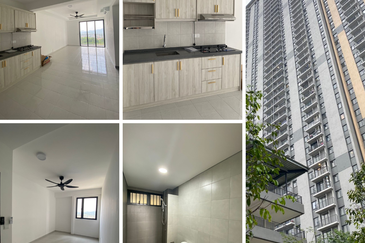
Residensi Aman Bukit Jalil
Bukit Jalil, Kuala Lumpur
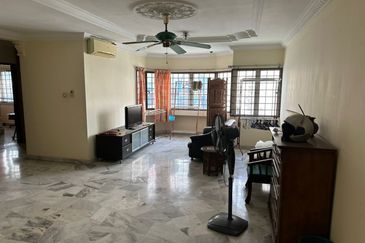
De Tropicana Condominium
Kuchai Lama, Kuala Lumpur

Section 14, Petaling Jaya
Petaling Jaya, Selangor

Seksyen 11, Petaling Jaya
Petaling Jaya, Selangor

Seksyen 14, Petaling Jaya
Petaling Jaya, Selangor

Seksyen 5, Petaling Jaya
Petaling Jaya, Selangor

